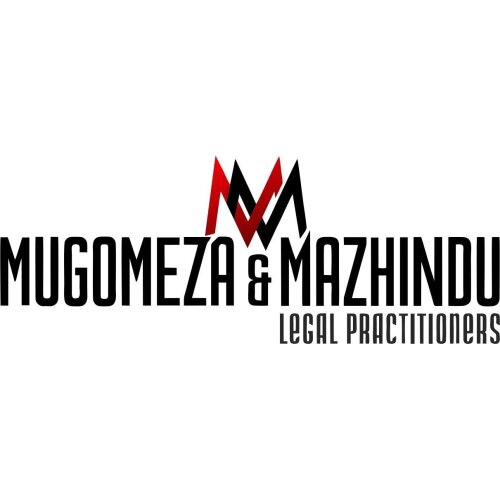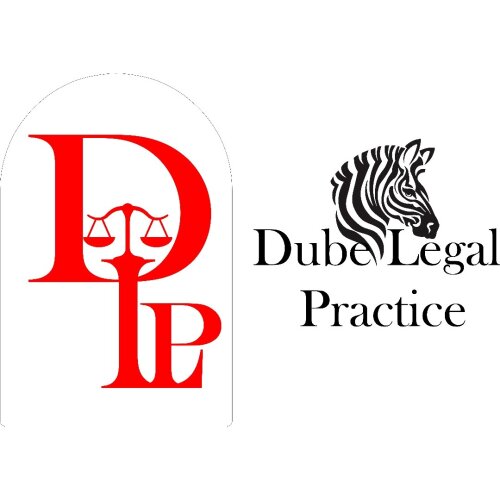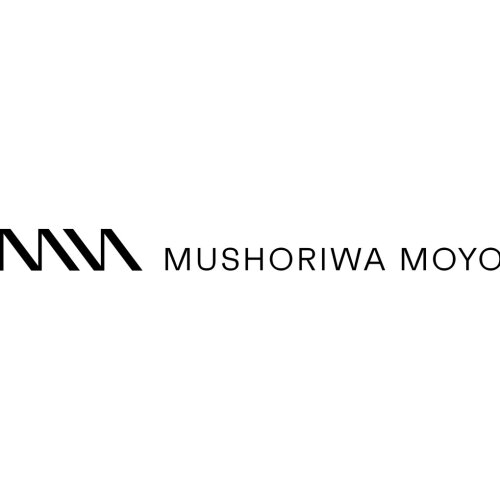Best Landlord & Tenant Lawyers in Zimbabwe
Share your needs with us, get contacted by law firms.
Free. Takes 2 min.
Free Guide to Hiring a Real Estate Lawyer
Or refine your search by selecting a city:
List of the best lawyers in Zimbabwe
About Landlord & Tenant Law in Zimbabwe
Landlord and Tenant law in Zimbabwe is a facet of property law that governs the rental agreements and relationships between landlords and tenants. It aims to protect and balance the interests of both parties. These laws are influenced by both common law principles and specific statutory regulations, primarily the Rent Regulations Act. The framework outlines various obligations, rights, and remedies available to both parties to promote fair rental practices, ensure the proper maintenance of rental properties, and resolve disputes.
Why You May Need a Lawyer
Legal advice on landlord and tenant matters can be crucial for several reasons. Common situations where legal assistance might be required include:
- Disputes over rental agreements or eviction notices.
- Claims of lease violations or non-payment of rent.
- Ineffective communication or unresolved issues with landlords or tenants.
- Need for drafting or reviewing tenancy agreements to ensure legal compliance and protect interests.
- Dealing with accusations of unlawful evictions or unfair rental increases.
Having a lawyer helps navigate these scenarios more effectively by providing expert advice, representation in court, or mediation services to resolve disputes amicably.
Local Laws Overview
The key aspects of landlord and tenant laws in Zimbabwe include:
- The Rent Regulations Act: This Act regulates rent and provides mechanisms for the determination and control of rental charges.
- Lease Agreements: Lease agreements must specify terms, including duration, rent payable, and obligations of both parties.
- Security of Tenure: Tenants are afforded certain protections against eviction without just cause or due process.
- Property Maintenance: Landlords have a duty to ensure the property is habitable and maintain it as such throughout the duration of the lease.
- Dispute Resolution: Disputes can be settled through various channels, including mediation, arbitration, or litigation in the appropriate courts.
Frequently Asked Questions
What obligations does a landlord have regarding property maintenance?
Landlords are generally required to maintain the property in a habitable condition, ensuring that plumbing, electrical, and structural aspects are in working order, and complying with health and safety regulations.
Can a landlord increase rent arbitrarily?
No, rent increases are typically governed by the Rent Regulations Act, and landlords must justify increases and adhere to notice periods as stipulated by law.
What notice must a landlord give to terminate a lease?
The required notice period for terminating a lease usually depends on the terms agreed upon in the lease agreement, but it must comply with any statutory minimum periods dictated by the law.
What should a tenant do if they receive an eviction notice?
Tenants should first review the terms of their lease and the legal grounds for eviction. It's advisable to seek legal counsel to understand their rights and explore any grounds to contest the eviction.
Is a written lease agreement mandatory?
While verbal agreements can be legally binding, written agreements are highly recommended as they provide clear evidence of the terms agreed upon and help avoid misunderstandings.
What recourse do tenants have if a landlord fails to make necessary repairs?
Tenants can usually demand repairs in writing and, if unresolved, may seek assistance from local rent boards or legal recourse through the courts to compel the landlord to fulfill their obligations.
Can a tenant withhold rent to force repairs?
Withholding rent is generally not advisable without legal guidance, as it can breach lease terms. Tenants should seek legal advice before taking such action to ensure compliance with local laws.
Are security deposits refundable?
Security deposits are refundable as long as the tenant meets their lease obligations, and there are no damages beyond normal wear and tear. Tenants should document the property condition at move-in and move-out.
What actions might lead to eviction?
Potential reasons for eviction include non-payment of rent, violation of lease terms, causing a nuisance, or using the property for illegal activities.
How can disputes between landlords and tenants be resolved?
Disputes can be resolved through negotiation, mediation, arbitration, or, if necessary, litigation, depending on the severity and nature of the disagreement.
Additional Resources
For additional assistance and information, consider consulting the following resources:
- The Zimbabwean Ministry of Local Government and Public Works: Provides guidelines and regulations on housing and rent.
- Local Tenants’ Rights Organizations: Offer advice and support for tenant issues and disputes.
- Legal Aid Clinics: Often provide free or low-cost legal services for landlord and tenant disputes.
- Court Registries: Provide access to forms and information about filing cases related to rent and property disputes.
Next Steps
If you need legal assistance regarding landlord and tenant issues in Zimbabwe, consider the following steps:
- Gather all relevant documents, including lease agreements, rent receipts, and correspondence with your landlord or tenant.
- Consult with a legal practitioner specializing in property law for advice and representation.
- Explore alternative dispute resolution options if applicable, such as mediation or arbitration.
- File a complaint or legal action in the appropriate court, if necessary, to assert your rights.
Taking timely and informed actions can significantly affect the outcome of landlord and tenant disputes.
Lawzana helps you find the best lawyers and law firms in Zimbabwe through a curated and pre-screened list of qualified legal professionals. Our platform offers rankings and detailed profiles of attorneys and law firms, allowing you to compare based on practice areas, including Landlord & Tenant, experience, and client feedback.
Each profile includes a description of the firm's areas of practice, client reviews, team members and partners, year of establishment, spoken languages, office locations, contact information, social media presence, and any published articles or resources. Most firms on our platform speak English and are experienced in both local and international legal matters.
Get a quote from top-rated law firms in Zimbabwe — quickly, securely, and without unnecessary hassle.
Disclaimer:
The information provided on this page is for general informational purposes only and does not constitute legal advice. While we strive to ensure the accuracy and relevance of the content, legal information may change over time, and interpretations of the law can vary. You should always consult with a qualified legal professional for advice specific to your situation.
We disclaim all liability for actions taken or not taken based on the content of this page. If you believe any information is incorrect or outdated, please contact us, and we will review and update it where appropriate.
Browse landlord & tenant law firms by city in Zimbabwe
Refine your search by selecting a city.
















